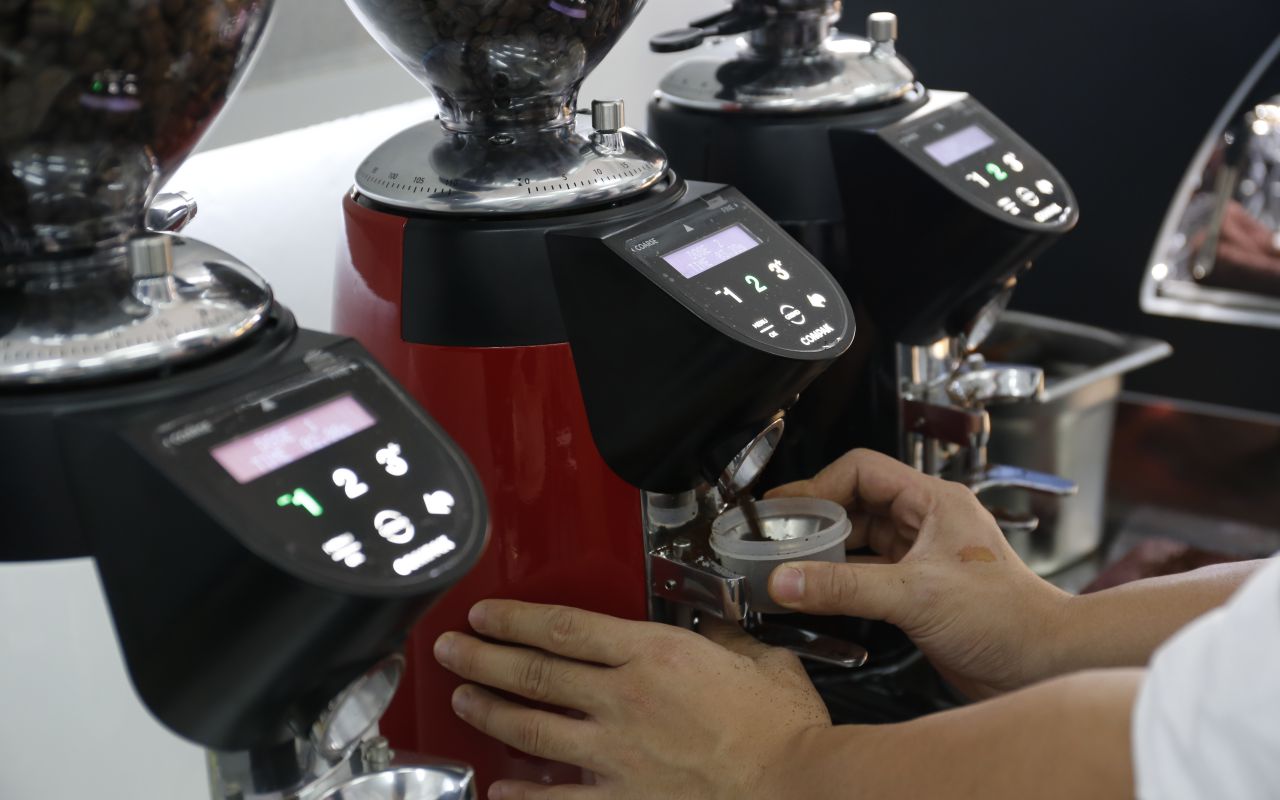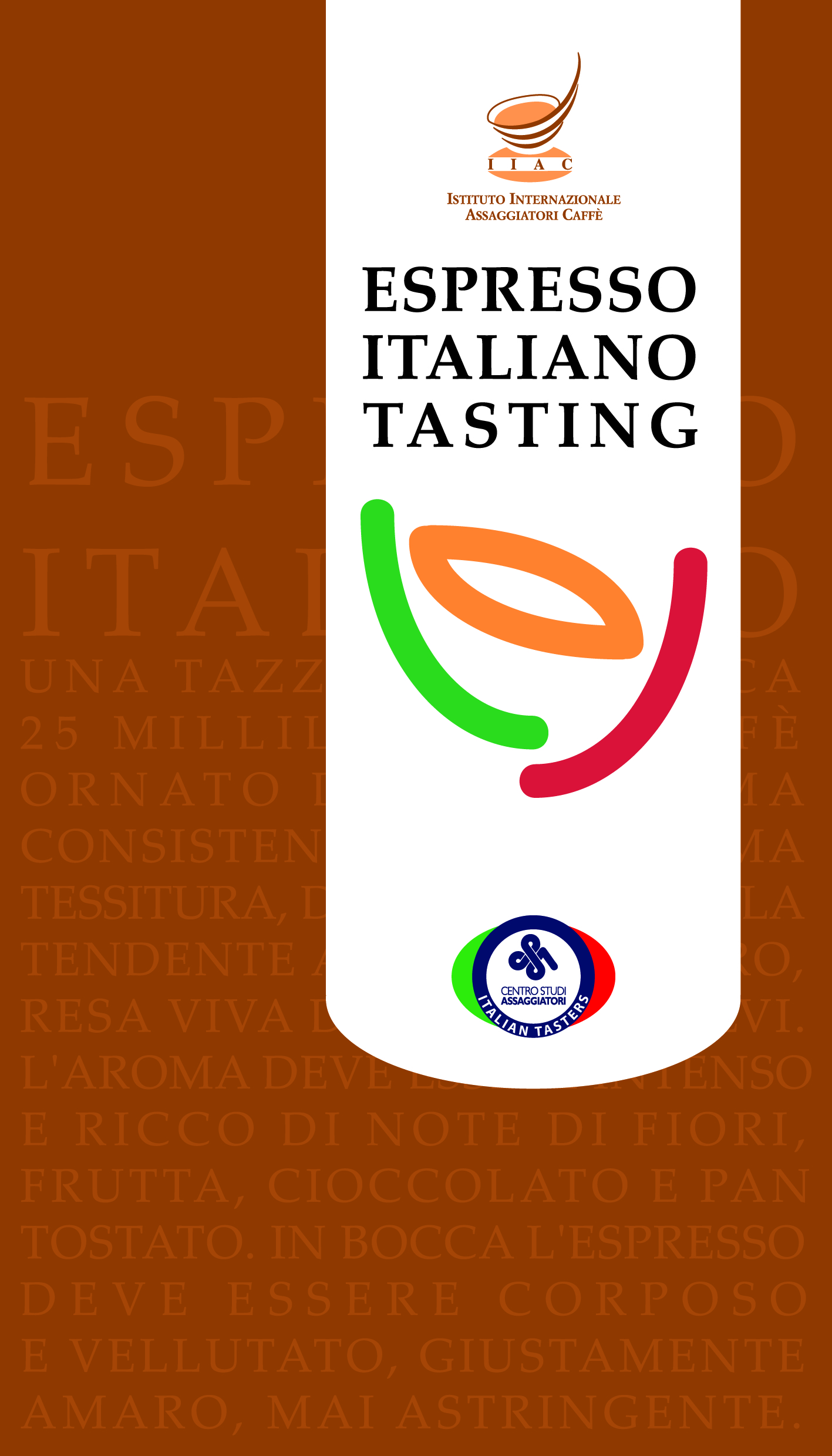
By Luigi Odello, chairman of the International Institute of Coffee Tasters (Iiac)
The biological world, on which we rely on for food and many of life’s pleasures, is selfish. We should not think that fruits develop flavors for the enjoyment of humans. Actually, they do so as a means to find “collaborators” for the propagation of their species. Consequently, until the seeds are ripe we shouldn’t dream of an appealing flavor, and we shouldn’t expect a rewarding tactile or taste sensation. Only when the seeds are ripe, and the plants reduce their defenses against external attacks do the fruits become sweeter and reduce their astringency. Unfortunately, most of the fruits that are available commercially are acidic, sometimes astringent and often flavorless, because (amongst other reasons) they have been picked too early.
This is a straightforward concept, but historically various trends have managed to quietly push against it. Remembering wines of the 80’s, there was a movement that encouraged the picking of grapes before the point of physiological maturity. A little acidity was convenient and the wines were surely easier to preserve. The results however weren’t great.
Now this is happening to coffees, sometimes by necessity and sometimes by lack of competence. On one hand, labor cost increases have lead to mechanical picking wherever possible. The effect of this is that in many places only a small part of the coffee fruits achieve sugar levels of 20 Brix (which is the threshold required to get minimum flavor) and an even smaller part achieves 25 Brix, which is the level necessary for a first class coffee. In addition to this, to avoid surprises in the logistic chain, many coffee farmers resort now to accelerated drying. In addition to these factors, there is the modern trend of lightly roasting to maintain acidity. Together these lead to a failure to develop even the minimal precursors of flavors that exist in beans.
Some roasters would like the public to believe that coffee that contains a mix of citric and malic acids is the best coffee there can be. Among the supporters of this new trend there are some who, if the coffee has citric acid, will comment that it has citrus notes, and if it has malic acid, they will say it has apple notes. For us, these are reasons to mistrust many representatives of these new trends, and to reaffirm the philosophy of the fathers of our Espresso Italiano: roast slowly and roast fully, using only perfectly mature coffee beans. We’re happy to be out of fashion.
Translated by Cris and Martin at www.caffedelbar.com, a Swiss and UK based website dedicated to gourmet Italian coffee and the Italian espresso bar culture.





.jpg)




 International Coffee Tasting Asia 2015 returns on the 1st and 2nd December. This international competition is unique in that in order to select the best coffees it relies exclusively on the modern sensory analysis. The 2015 edition, which will be held in Taiwan, is organised by the local branch of the International Institute of Coffee Tasters (Iiac) with technical and scientific support from the CSA Italian Tasters.
International Coffee Tasting Asia 2015 returns on the 1st and 2nd December. This international competition is unique in that in order to select the best coffees it relies exclusively on the modern sensory analysis. The 2015 edition, which will be held in Taiwan, is organised by the local branch of the International Institute of Coffee Tasters (Iiac) with technical and scientific support from the CSA Italian Tasters. New certification sessions for Italian Espresso and for Espresso Italiano Trainers will take place in Italy from the 19th to the 22nd October 2015, just before the international trade show Host.
New certification sessions for Italian Espresso and for Espresso Italiano Trainers will take place in Italy from the 19th to the 22nd October 2015, just before the international trade show Host.

